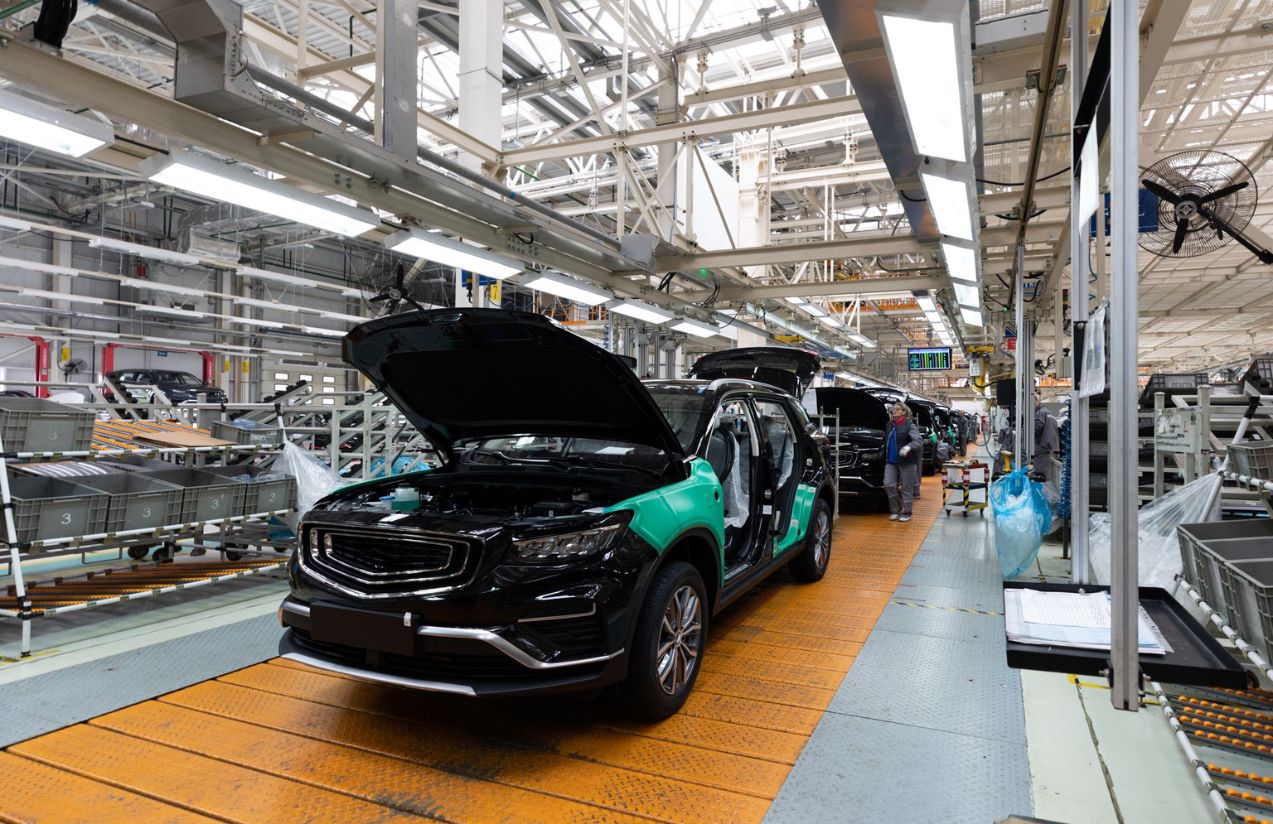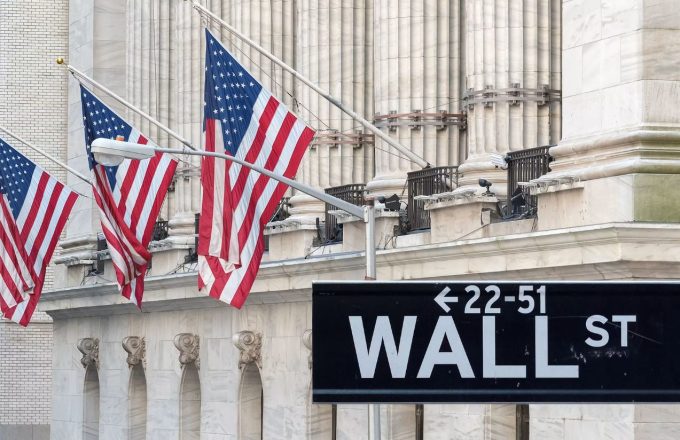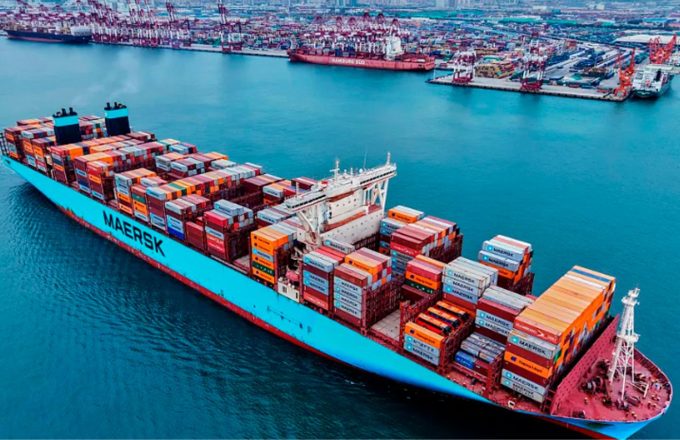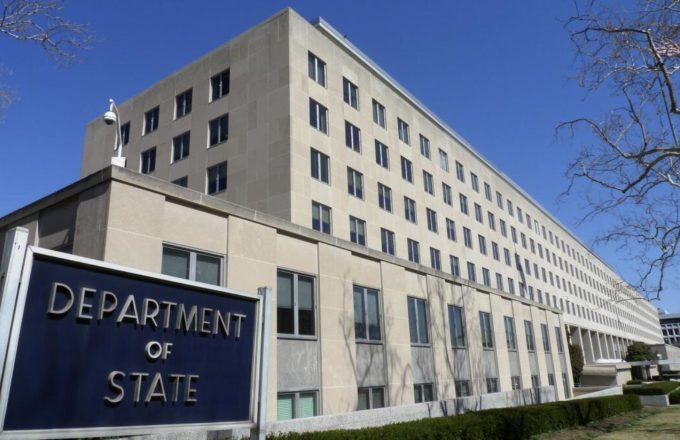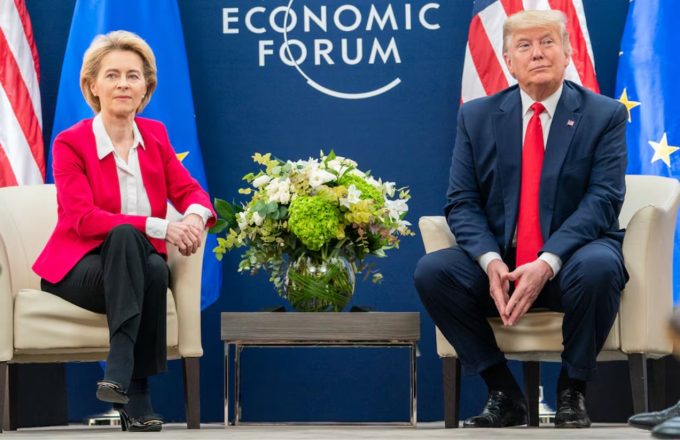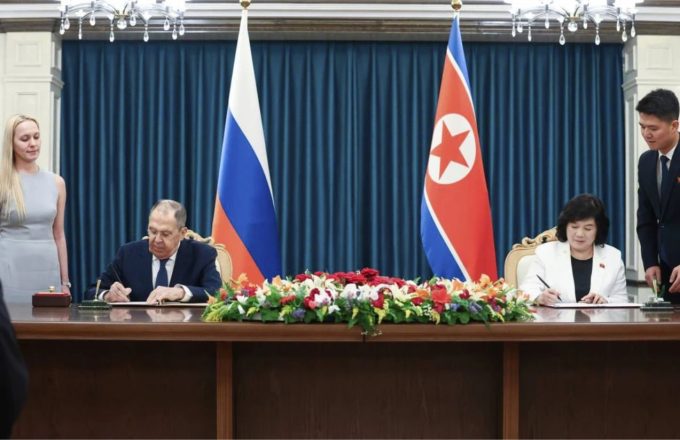U.S. President Donald Trump has decided to grant a one-month exemption on automotive tariffs for Mexico and Canada, White House Press Secretary Karoline Leavitt confirmed on Wednesday.
“We have spoken with the three major automakers and agreed to a one-month exemption for any vehicle entering through the USMCA,” Trump said in a statement read by Leavitt during a White House press briefing. The companies mentioned include Stellantis, Ford, and General Motors.
Despite the extension, reciprocal tariffs will still take effect on April 2. However, at the request of companies associated with the USMCA, the president has decided to grant this temporary exemption to prevent them from facing economic disadvantages.
Leavitt urged companies to use this time to align with the president’s objectives. “He has told them they need to get moving, start investing, and shift production to the United States, where they won’t have to pay tariffs. That’s the ultimate goal,” she added.
However, Canada is not pleased with the one-month delay in auto tariffs, despite U.S. Commerce Department data showing that automobiles are the country’s second-largest export to the United States.
Ontario Premier Doug Ford stated that he and Canadian Prime Minister Justin Trudeau refuse to accept any tariffs on Canadian products. “We are on the same page—zero tariffs, and we are not going to give in,” he told reporters at a press briefing on Wednesday.
Trump’s decision to grant the extension comes ahead of his plan for global reciprocal tariffs, set to be announced on April 2. According to Leavitt, these tariffs will not include any exemptions.
Additionally, they could be added to the existing 25% tariffs on other Canadian and Mexican products. Last week, in an interview on Fox News, Commerce Secretary Howard Lutnick mentioned Canada’s 5% national sales tax as a possible factor in Trump’s reciprocal tariff considerations.
This sudden shift in the administration’s stance on auto tariffs adds to the trade uncertainty that has prevailed since Trump took office. Leavitt noted that the president is “open to considering additional exemptions,” leaving many businesses in limbo.
A new survey from the Institute for Supply Management, released on Wednesday, found that respondents cited “great uncertainty about future business activity due to the risk of tariffs and other possible government measures.” Others warned that “tariffs will have a ripple effect that could severely harm our businesses.”
Following the announcement, U.S. markets surged, with the Dow jumping 540 points. The S&P 500 rose 1.2%, and the Nasdaq Composite gained 1.49%. Auto stocks also climbed on Wednesday: Ford rose 5.3%, Stellantis 9.1%, and GM 7.7%.


